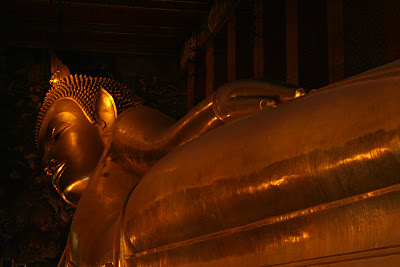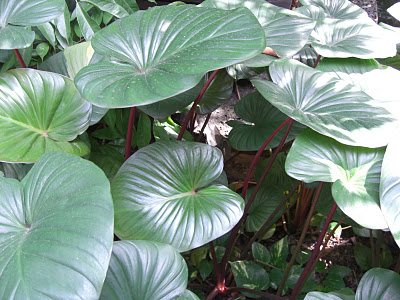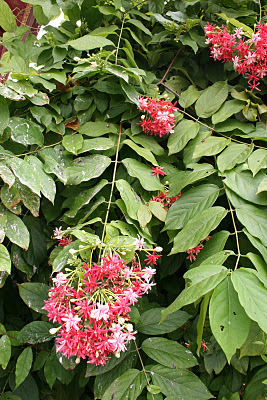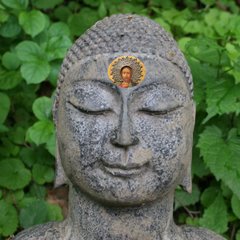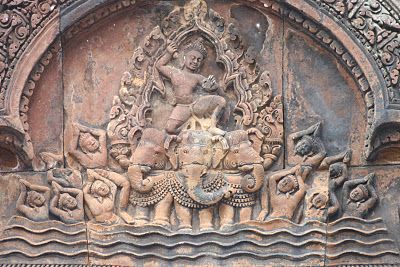
I
was going to write a post about the law of accident today, but another
subject is active in an inner sense, so I am changing direction. We
will, however, examine the question of that law in the next week or so.
One
of the goals that people strive for in bringing their inner work to a
new level of maturity is what is called "work in life."
There is
much discussion about what this term means, and--inevitably-- the
attendant uncertainty. Generally speaking, people believe that it means
of bringing a "new kind of attention" to ordinary life.
Let's take a look at what this term might mean relative to our relationship to our own inner energy.
Over the past six months, I have discussed at some length the
nature of our physical structure for receiving impressions, and more recently the meaning of taking in an
inner impression. This is the effort, mediated through attention, to take in a finer energy through the inner centers, or flowers.
Perhaps
the best--or at least the most traditional -- moment in which to begin
undertaking this work is during meditation, where there are fewer
distractions, and the attention can be more acutely focused on the
question of our inner sensitivity. A careful,
specific cultivation of attention to breathing, and the way that it feeds both our sensation and the
six flowers themselves, will gradually awaken parts of us that are, indeed, asleep.
The
part that we hope to make contact with is the organic sense of being --
that is, the root sensation of experience of the organism. This feeds
the understanding of what our inner life is. Until we make contact with
this, everything is interpreted through the outer life, that is, we are
able to inhabit only one of our two natures. And please be clear, there
is a difference between
inhabitation of our "second nature" and
contact with it
.First, we must establish contact; later, we may learn to inhabit-- with help.
Within
the gradual growth of a more active inner life, we may discover, as
time goes on, that some of the inner material we learn to receive
becomes more difficult to access. It's not unusual to go through
periods when sittings are "dry" and we do not seem to be open at all.
There
is a reason for this. Finer energies, in conjunction with the physical
organism they express themselves through, do not want to be cloistered.
The whole purpose of Being in every form -- animal, vegetable, or
mineral -- is to express its Self
within relationship in life.
All of these forms--in fact, all the material manifestations of
reality--do, each in their own way, have a Root Self composed of what
might be called "essence-consciousness", and the only way that Root Self
can enter its right relationship with the Collective Self of which it
is a part is by
action in life.
That action, of course, takes place according to level. The action of
an atom is different than the action of a protein, which is different
than a cell, which is different than an organ, which is different than a
man.
This brings me to a point I meant to mention yesterday, but did not get to, which is that
action is third force in relationship to judgment, or stasis, and compassion, or movement.
If
one studies Dogen's understanding of Buddhism, one discovers that he
prefers to express all forms of understanding in terms of action. With
few to no exceptions, the contradictions he explores are always resolved
by action.
So, what does all of this apparently theoretical material mean in relationship to our own inner work?
The
crux of the matter is that the energy we generate, as well as the
energy we receive, wishes to express itself in ordinary life. There
comes a moment in inner work where work in life is the only alternative
-- nothing more can be done within the narrow context of meditation.
What is received, and what is retained, must be experienced within the
ordinary moments of life. The active process of transmitting the
Dharma, as the Buddhists would call it, must manifest within the
ordinary moments of the ordinary day. All of life becomes a meditation;
all of life becomes a vehicle and a conduit for the energy that wishes
to express itself within this realm.
And it is the action of attention, of
inhabitation, or
investment--
wearing the Kasaya, the sacred robe of the Buddha, which is nothing
more or less than consciousness itself--that bridges the gap and becomes
the connecting point between the inner and the outer life.
This
is why Gurdjieff's instruction was to put the attention at the place
where impressions enter the organism. No matter where that is -- inner
or outer-- there has to be an action in order for the separation between
Self and Other to be resolved.
Our role, as one friend of mine
has often put it, is to be a "nail" that connects heaven to earth. We
cannot play this role in meditation except in a limited sense. The
growth from the root of our being has to extend out through the work
conducted within our flowers into what one might call a
"perfume"(rather, one must hope, than a
stench,
which is what we usually exude) -- that is, Dogen's plum blossoms, or
Rumi's musk; a sense of Being that extends from us into everything
around us.
In this context, everything in life becomes food for
Being, and everything that exudes from our Being becomes food for life.
Trungpa's open--hearted way has this practice at its original root,
which is the original root of every being that expresses itself, on
every level.
Perhaps the supreme irony that mankind finds itself
trapped in is that we express the Dharma perpetually whether we wish to
or not. Nothing in the universe has any choice but to perpetually
express the Dharma, or-- if you would prefer to hear it put in more
orthodox Gurdjieffian terms-- participate in the law of reciprocal
feeding through the receipt and exchange of impressions.
This is one area where choice is not available. There is only one Truth, and
everything participates in it. The question is whether the participation proceeds with awareness, or automatically.
It
is up to us to learn how to bring the energy that feeds us out of the
darkness -- that glorious inner silence in which God alone can speak--
and into the light. This is the choice we have to make; it is a choice
of how to serve, and when. The energy that creates us wishes to joyfully
and playfully exchange within the truth of its own nature; when we
participate, and assist it, blessings and a sublime form of bliss,
descends both upon us, and those around us.
Of course we live cut off from this source. That is why the
effort to reconnect is called religion: to bind together again; to rejoin our severed parts, as in the
myth of Osiris..
Keep
all this in mind if your sittings seem barren. There are things taking
place within us that cannot be known with the mind. It's quite
possible that the least productive sitting will lead to a moment later
in the day when, for a moment, everything that we thought was missing
becomes available--
and more.
May your roots find water, and your leaves know sun.
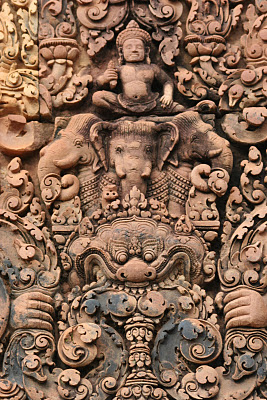 Today
I am back in Hangzhou- the looming presence of the lake seems larger
than life in the darkness, and the hotel grounds are awash with
Christmas lights, something one sees more of every year in China.
Today
I am back in Hangzhou- the looming presence of the lake seems larger
than life in the darkness, and the hotel grounds are awash with
Christmas lights, something one sees more of every year in China.



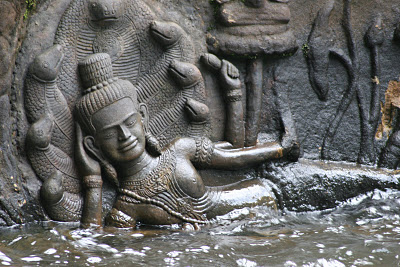
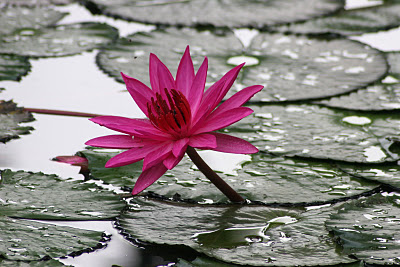
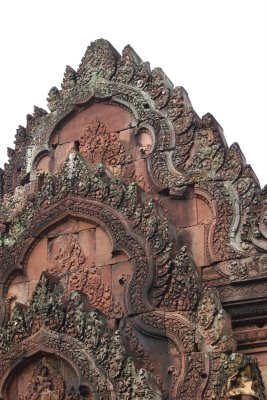
 Apologies.
I had multiple problems with blogger this afternoon at lunch and the
original version of this post had many errors. I hope most of them have
now been corrected.
Apologies.
I had multiple problems with blogger this afternoon at lunch and the
original version of this post had many errors. I hope most of them have
now been corrected.